As electric cars continue to dominate the automotive market, potential buyers are increasingly concerned about depreciation. While electric vehicles (EVs) offer numerous benefits, some models are known to lose a significant portion of their value within the first year. Understanding which models are most affected can help consumers make informed decisions.
Tesla Model S
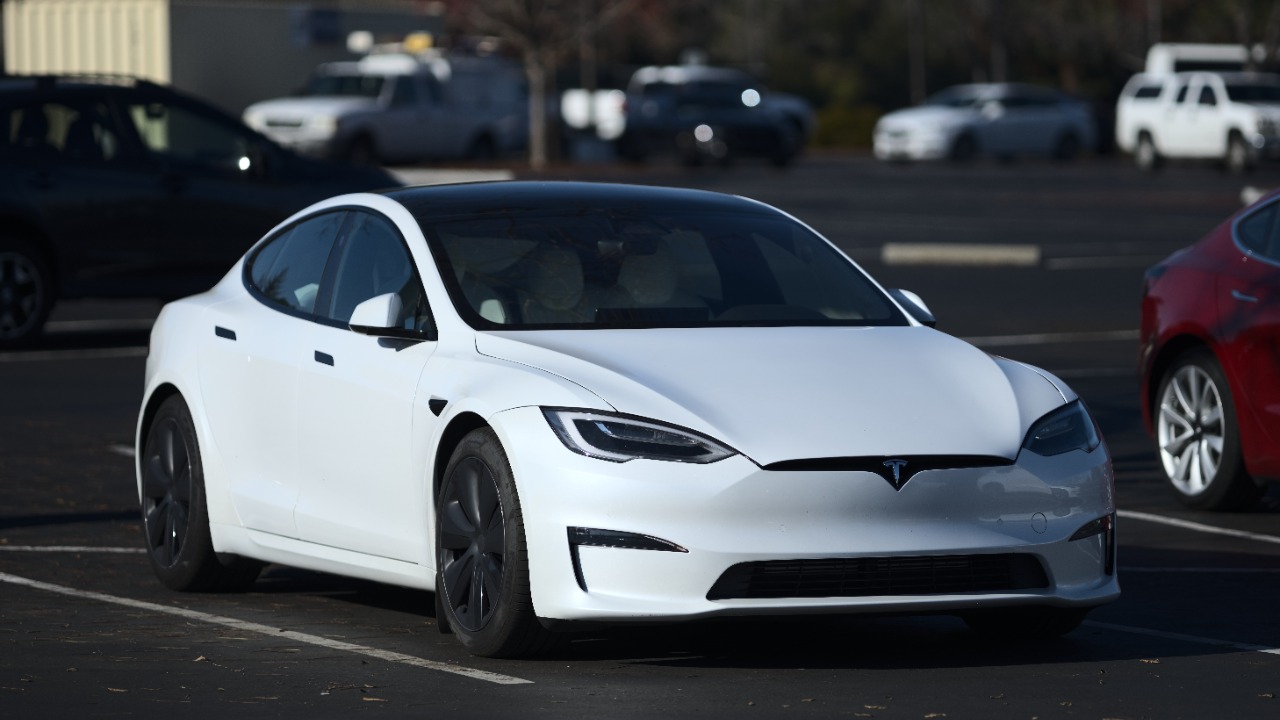
The Tesla Model S, despite its high-tech appeal and fan base, can experience steep depreciation. For instance, the 2022 model year can lose up to 50% of its value after just one year. This rapid depreciation can be attributed to the high initial purchase price and the rapid pace of technological advancements, which quickly render older models less desirable.
While Tesla’s brand remains strong, the resale value of the Model S is a point of concern for buyers looking for long-term investments. Those considering this vehicle should weigh the benefits of cutting-edge technology against the potential for rapid depreciation.
Nissan Leaf
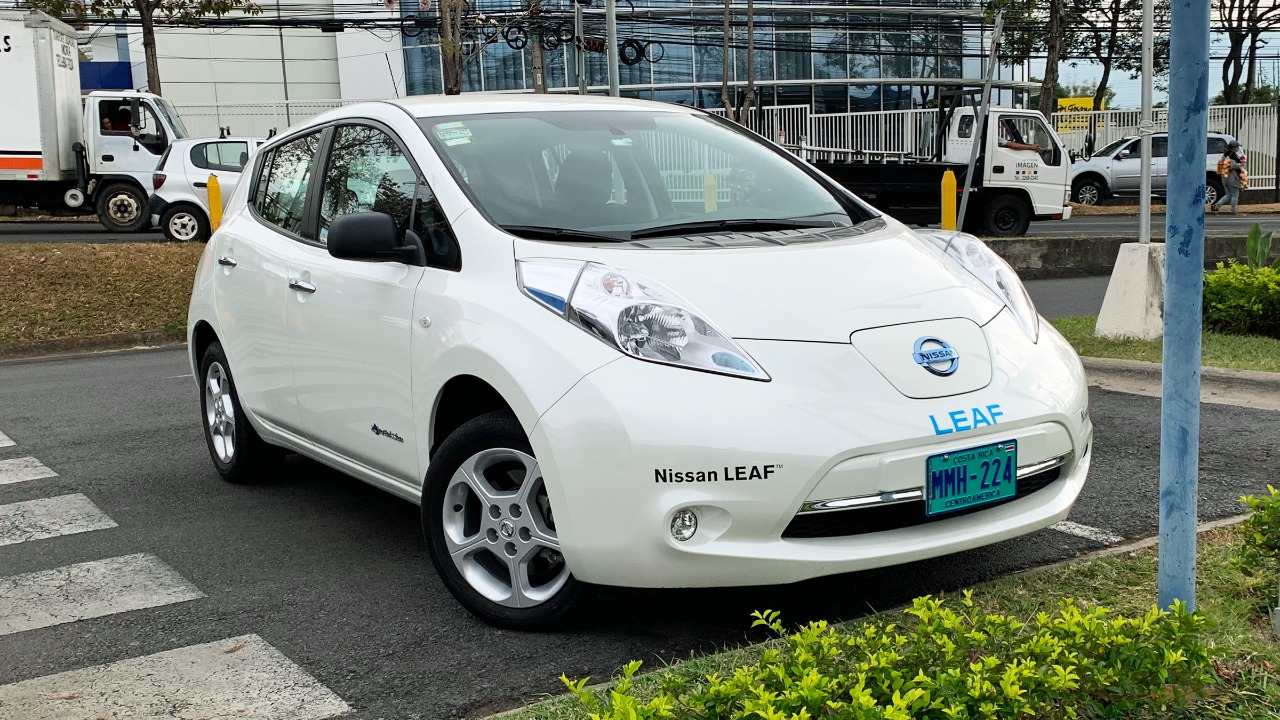
The Nissan Leaf has long been a popular choice for those entering the electric vehicle market due to its affordability. However, the 2022 Nissan Leaf is known to lose nearly half its value within the first year. This is largely due to the rapid advancements in EV technology, which quickly make older models less appealing.
Despite its depreciation, the Leaf remains a practical choice for those seeking an affordable EV. Buyers should consider the vehicle’s expected depreciation when evaluating its long-term value.
Chevrolet Bolt EV
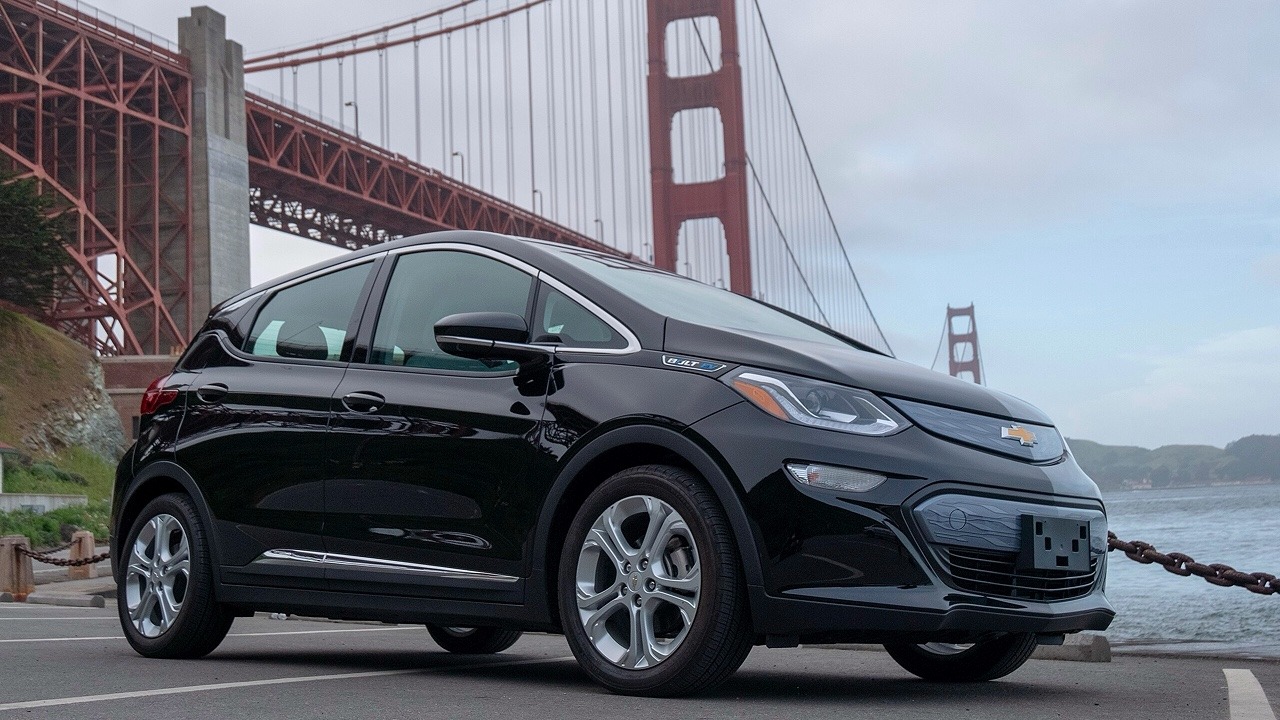
Chevrolet’s Bolt EV, particularly the 2022 model, has been lauded for its impressive range and affordability. However, it is also notorious for its high depreciation rate, often losing up to half its value after just one year. This can be attributed to the competitive EV market and frequent technological updates.
Potential buyers should be aware of the Bolt’s depreciation and consider the economic implications of purchasing an EV that may not hold its value well over time.
Jaguar I-PACE
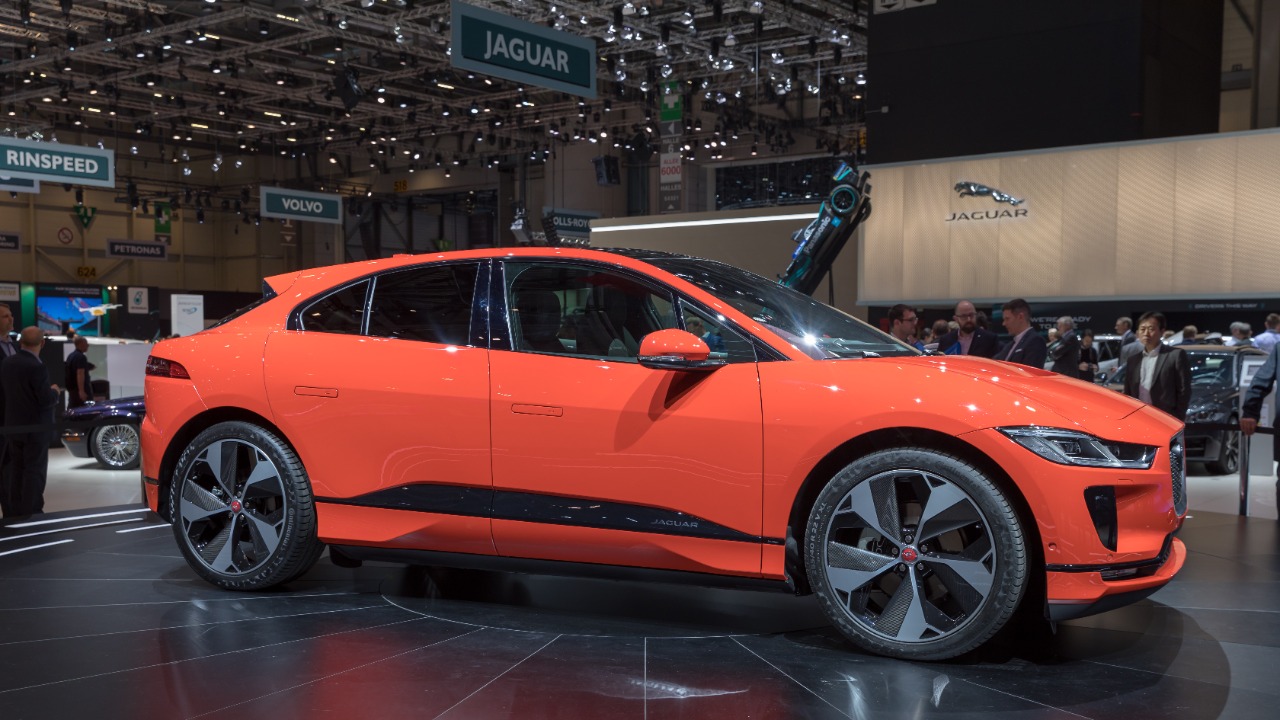
The Jaguar I-PACE is a luxurious electric SUV that unfortunately suffers from significant depreciation. The 2022 model, for example, can depreciate nearly 50% within the first year. This is often due to its high initial cost and the fast-paced evolution of electric vehicle technology.
For those interested in luxury and performance, the I-PACE offers an appealing package. However, prospective buyers should be mindful of its depreciation and explore whether it aligns with their financial goals.
BMW i3
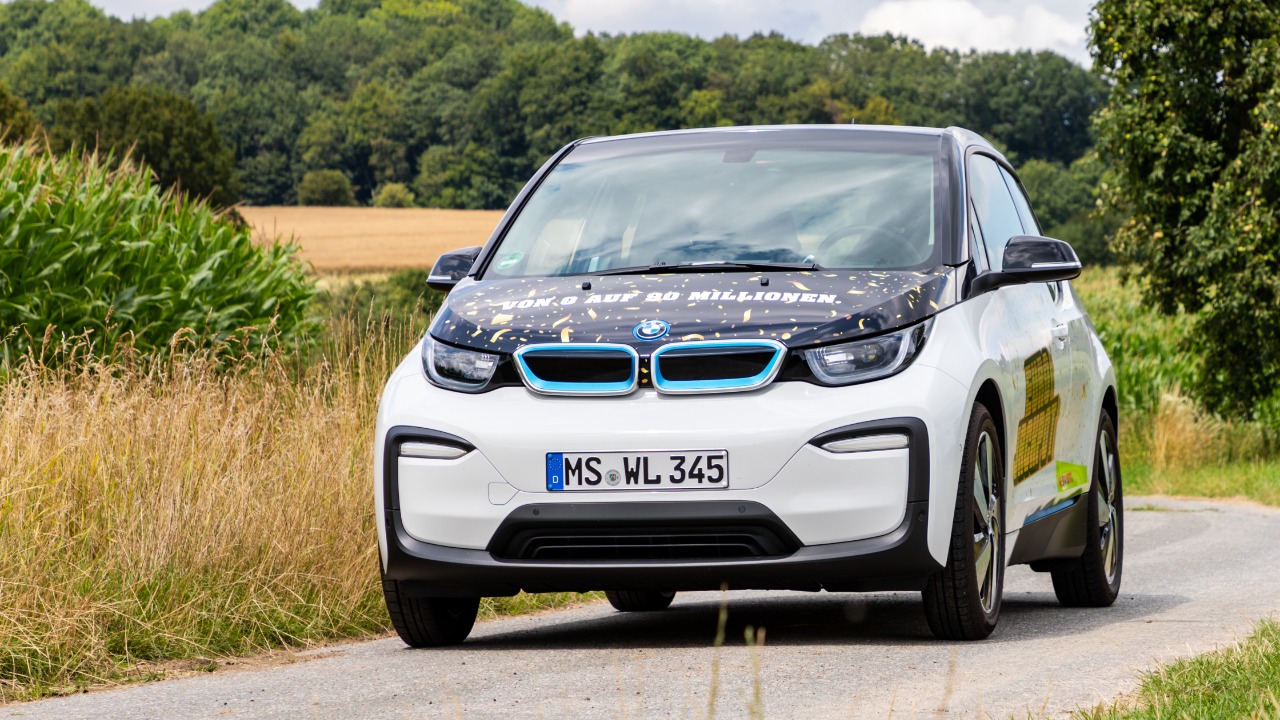
The BMW i3, known for its unique design and eco-friendly features, is another electric vehicle that depreciates rapidly. The 2022 model can lose about half its value within the first year. This trend is often due to its niche market appeal and the arrival of newer, more advanced models.
While the i3 offers a unique driving experience, buyers should be cautious of its high depreciation rate and consider how it fits into their long-term vehicle strategy.
Audi e-tron
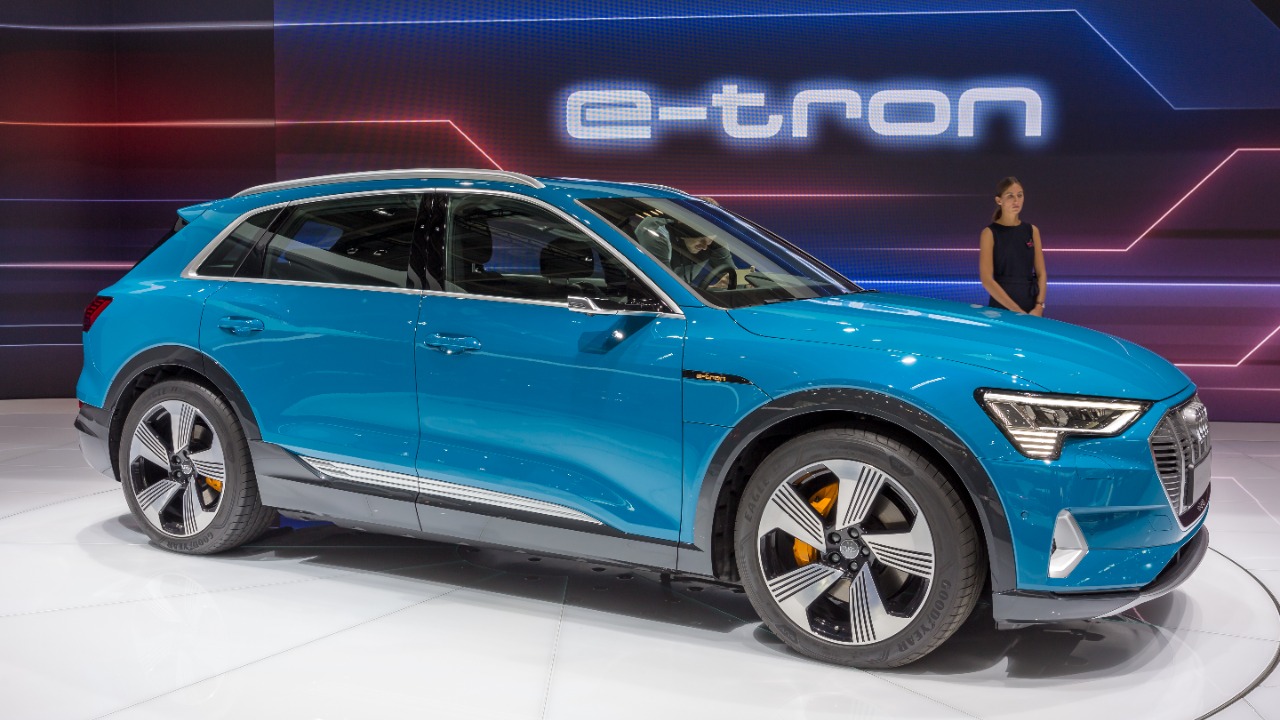
The Audi e-tron, particularly the 2022 model, is praised for its luxury and technology. However, it also faces significant depreciation, with its value dropping by about 50% within the first year. This is often due to its high initial price and the rapid advancements in EV technology.
While the e-tron delivers a premium driving experience, potential buyers should be aware of its depreciation and plan accordingly to mitigate potential financial losses.
Hyundai Kona Electric
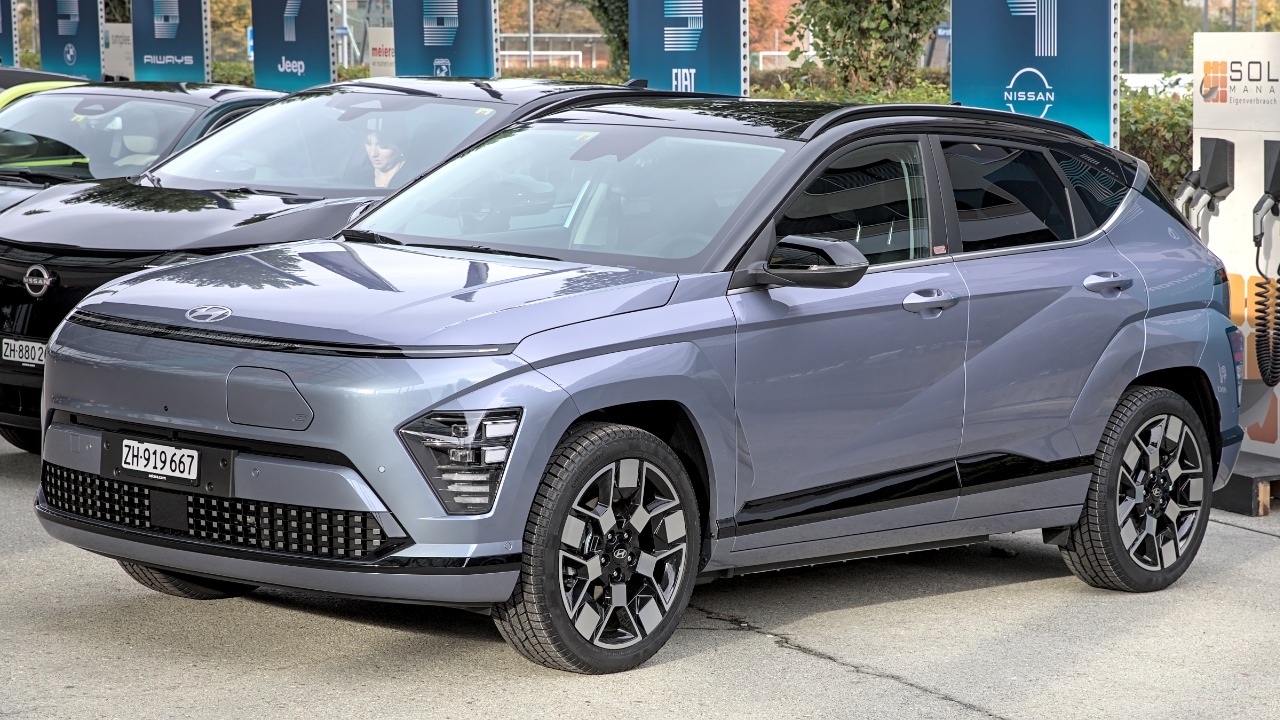
The Hyundai Kona Electric, known for its affordability and range, is not immune to depreciation. The 2022 model can lose almost half its value after one year. This is mainly due to the competitive nature of the electric vehicle market and the constant introduction of newer models.
While the Kona Electric offers a good balance of price and performance, prospective buyers should consider the potential for substantial depreciation and how it might affect their investment.